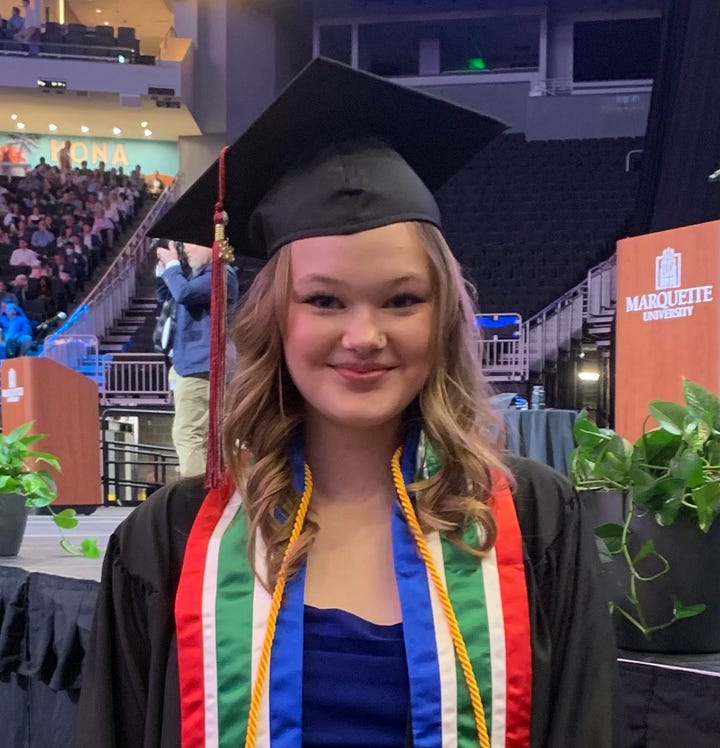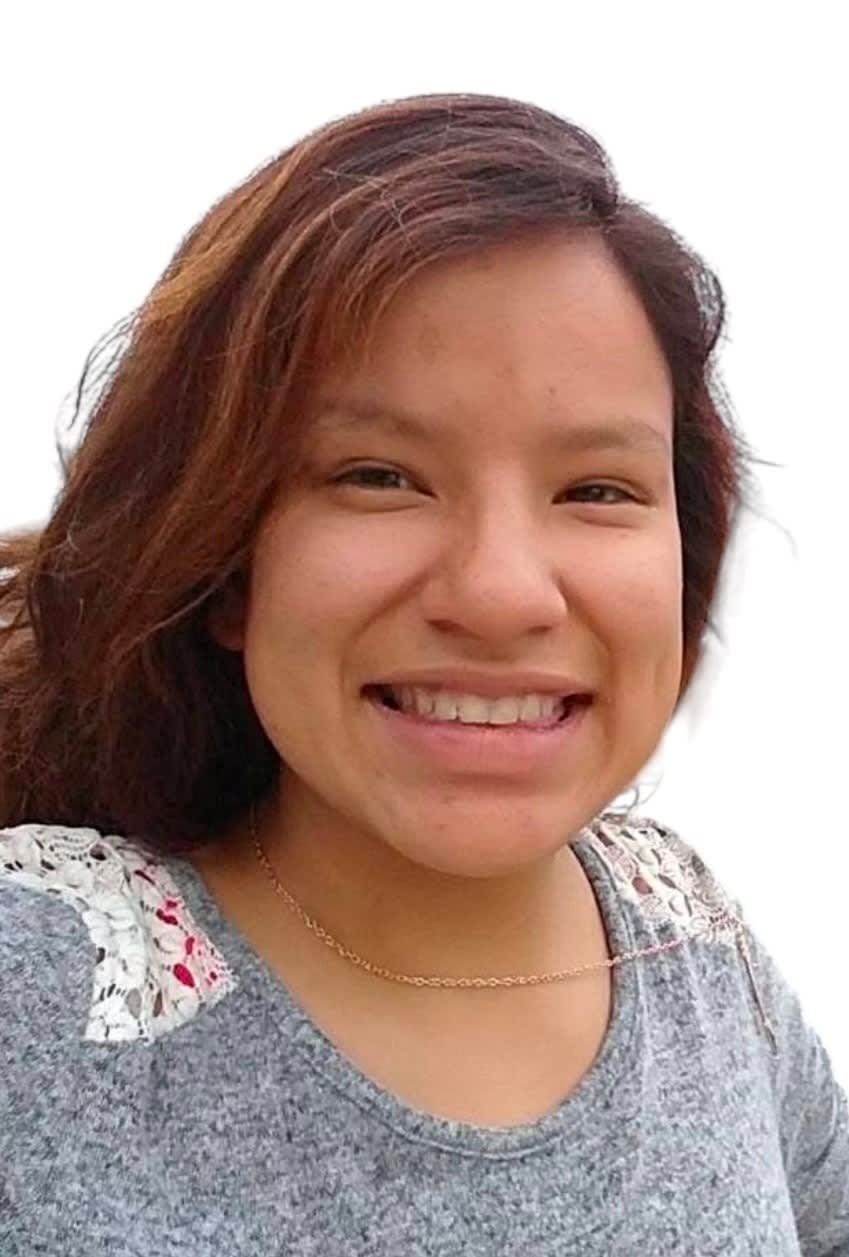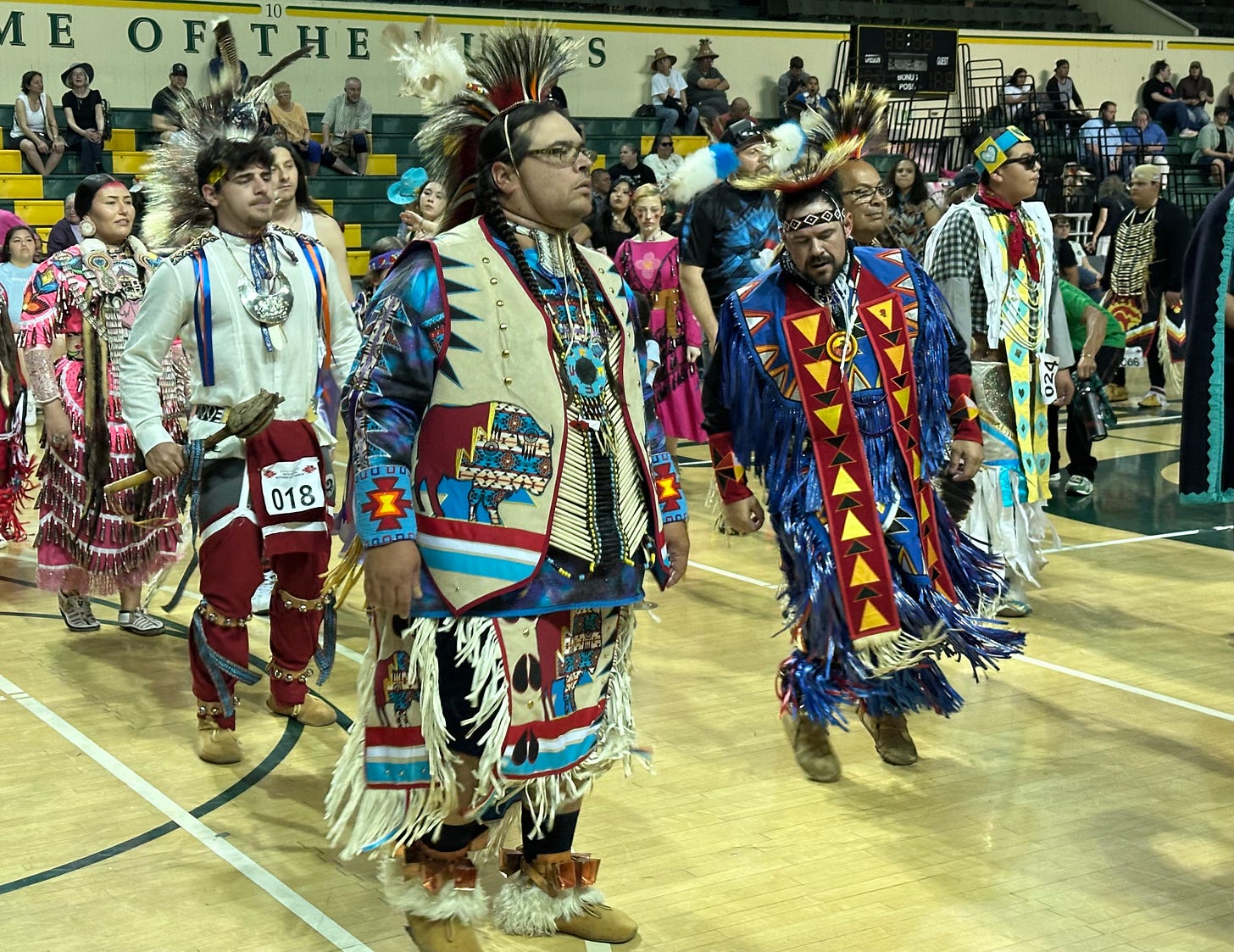Tribal health cuts, a tragic loss and new voices rising in Indian Country
Federal funding cuts are harming tribal health programs, Xia Bravebull’s death shakes the community, Buffalo’s Fire expands its reporting team and Bismarck Documenters plan local meet and greets
Native health officials testify that HHS cuts have caused ‘significant harm’ to programs serving tribal communities
Tribes implore consultation, care at Senate hearing
By Brian Bull

In a Senate oversight hearing on May 14, representatives from across Indian Country and Hawaii expressed concerns over Robert F. Kennedy Jr.’s handling of federal health services. The Health and Human Services Secretary’s reorganization of the department’s 28 divisions and the additional layoffs of roughly 10,000 full-time workers to “save taxpayers $1.8 billion per year” also set off alarms.
In the hearing, led by U.S. Senators Lisa Murkowski (R-Alaska) and Brian Schatz (D-Hawaii), five tribal officials spoke to the Senate Committee on Indian Affairs on how Secretary Kennedy’s management has disrupted staffing and services and therefore affected the availability of programs to their respective communities.
Xia Bravebull, missing since March, found dead
The body of the Cheyenne River Sioux woman was found outside her community
By Avis Red Bear
On May 3, after extensive searches in the Cannon Ball District of North Dakota, the body of Xia Bravebull was recovered.
The 35-year-old mother of three was found outside of the Cannon Ball Community.
Xia, a member of the Cheyenne River Sioux Tribe, had been missing since around March 22. Her older sister, Tianna Thompson, raised the alarm that Xia was missing after being unable to contact her.
Buffalo’s Fire welcomes two Report for America journalists to cover tribal issues
Gabrielle Nelson and Jolan Kruse will report on Missouri River Basin tribal nations and the Missing and Murdered Indigenous Peoples crisis


Buffalo’s Fire is expanding again, this time in partnership with Report for America. Since its launch in 2017, RFA has placed more than 750 journalists in local newsrooms nationwide to enhance community journalism.
“We’ve listened to our community and we know that the Missouri River and our missing or murdered loved ones are critical issues that we must focus on as a newsroom,” said Jodi Rave Spotted Bear, executive director of the Indigenous Media Freedom Alliance, the publisher of Buffalo’s Fire digital news site.
American Indian vs Native American: Which term is right and when?
By Teresa Trumbly Lamsam Ph.D.
A concise guide to when, why and how to use Native American, American Indian or a tribal name—so you don’t trip over history, law or respectful language.
Bismarck Documenters to hold upcoming meet and greets
By Daniela Aki
Bismarck Documenters aims to strengthen community relationships through group gatherings in the next few weeks. We will be hosting a Documenters meet and greet on the United Tribes Technical College campus on Thursday, May 29, at noon in the Skill Center. Trained documenters and the public are invited to share a meal, as well as learn more about the Documenters program, ask questions and engage in group discussions about our right to information.
In June, we'll be hosting another Documenters meet and greet on the Sitting Bull College campus, as well as holding an information session about Documenters to interested parties at the Sacred Pipe Resource Center’s Wisdom & Watecha on Friday, June 20, starting at noon.
We will continue to post about upcoming events in the Buffalo's Fire newsletter, as well as on social media. For immediate questions or concerns, please email me at daniela@imfreedomalliance.org. We hope to see you at one of our future events!
The Daily Spark – quick, must-read micro stories to start your day
Our Daily Spark feature delivers 8 to 10 news summaries each morning to give you a quick overview of current events in Indian Country. The format prioritizes brevity, providing key updates in short, digestible summaries. This makes it a valuable resource for quickly grasping important developments on a broad range of issues affecting Indigenous communities.
Here are some of the stories you may have missed this week:







